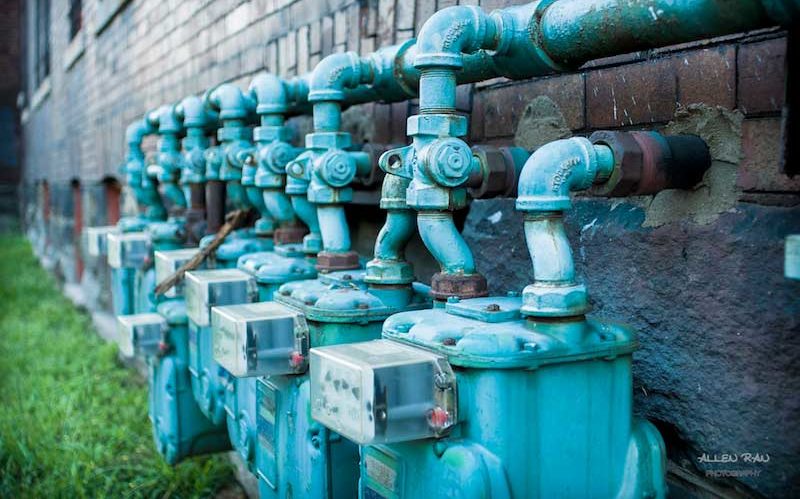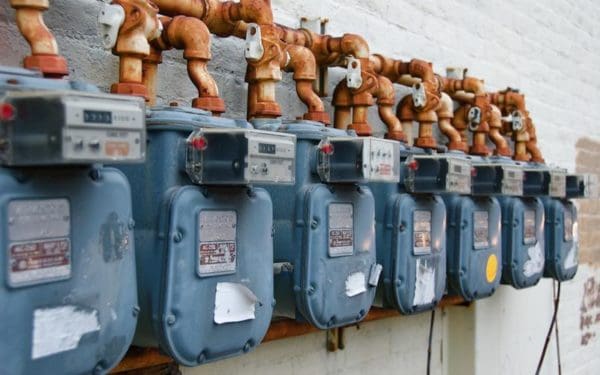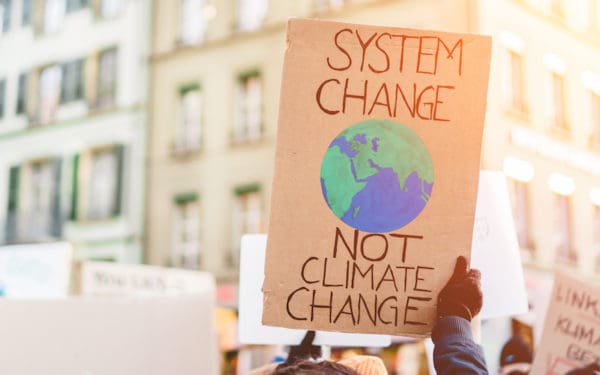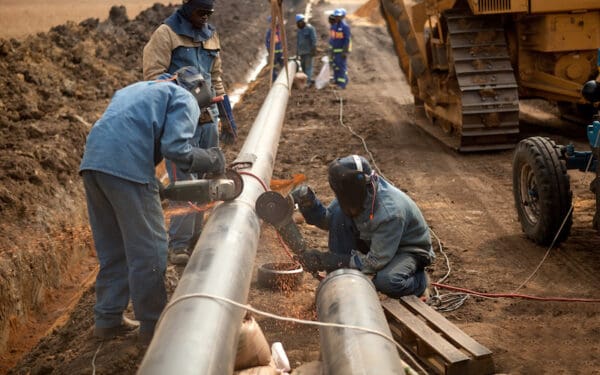
Only by ditching dirty gas will we be protected from outages like the one we saw last year. Photo Credit: Ran Allen via Creative Commons 2.0
Exactly a year ago, as families prepared for a brutal winter night, National Grid cut gas service to more than 7,000 customers on Aquidneck Island. This was a “precaution” according to the company, but it left homes and businesses in the cold. What’s worse, they couldn’t say how long people would be left to contend with the frigid temperatures. Ultimately, the outage lasted a full week.
From the outset, it appeared that the outage was the fault of one of the gas companies – and not solely caused by low temperatures and high demand for gas as Algonquin Gas Transmission claimed. A report released in November confirms that several factors contributed to the outage and places the blame squarely on the shoulders of both National Grid and Algonquin Gas. It also says – and we agree – that they and they alone should bear the costs of the outage. National Grid should not be able to charge its customers for the $25 million price tag resulting from the outage, which cost businesses money and stressed families at the coldest time of the year.
With another New England winter upon us, it’s also worth noting that Rhode Island could avoid these types of emergencies entirely by switching from fossil fuels like gas to clean alternatives powered by solar and wind. This would not only help us avoid unnecessary outages, but also allow us to reach our climate goals.
The Aquidneck report, released by the Rhode Island Division of Public Utilities and Carriers, rightfully places the fault for January’s emergency on the utilities and pipeline company, and it offers some proposed changes to ensure this doesn’t happen again. One bright spot is the recommendation to implement demand response, which would compensate customers for using less gas during peak times. This would reduce the amount of gas being used and help transition us to a gas-free future by encouraging people to use alternative sources of energy.
Additionally, the report correctly suggests that better planning and forecasting of gas usage would ensure the heat and power stay on, no matter the weather outside.
Unfortunately, the solution proposed by the gas industry is the same tired rhetoric we’ve been hearing for years: expanding pipelines.
Further investments in gas and other fossil fuels are short-sighted and unhealthy for our communities. What’s more, bringing more dirty fracked gas into Rhode Island is totally inconsistent with the state’s goal of reducing its climate-damaging emissions, as gas pipelines leak methane, which is much more potent than carbon dioxide.
In case we needed more proof of this, a recent study from Brown University and the Stockholm institute showed that methane leakage from gas pipelines have caused Rhode Island’s emissions to spike in recent years. It specifically highlights the urgent need to reduce methane emissions from gas transmission lines.
Communities throughout Rhode Island need to start looking at non-gas alternatives that will not pollute our air and harm our environment, options like heat pumps, induction stoves, and highly efficient electric heat pump water heaters. Heat pumps and other non-fossil fuel systems are more reliable than gas, use significantly less energy and they are much safer for families and businesses. These alternatives not only reduce demand for fossil fuels, they also further Rhode Island’s climate goals.
It’s time we stop accepting the gas industry’s tired talking point that throwing more money towards expanding an unsafe, leaking system will lead to a safer and more reliable future. Only by ditching dirty gas will we be protected from outages like the one we saw last year.
Rhode Island has goals of reducing climate-damaging emissions to respond to the climate crisis, but we can’t meet them by expanding fracked gas. We must drastically reduce our emissions over the coming years. Only by thinking boldly and committing to ditching fossil fuels will we truly protect our communities and our environment before it’s too late.



